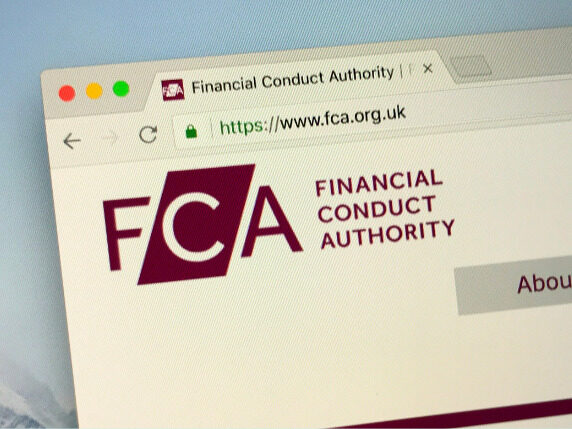The government has undertaken consultations to regulate the financial services aspects of cryptoassets to promote responsible innovation, and to enable consumers to make informed decisions by ensuring that cryptoasset promotions are subject to Financial Conduct Authority (FCA) rules in the same way as promotions of other financial services products with similar levels of risk.
There are however several commercial challenges in regulating cryptoassets via usual ‘authorised person’ avenues, albeit those options remain available. Hence the intention is to provide a bespoke exemption from financial promotion restrictions for 'Qualifying cryptoassets'.
What is the proposed exemption?
It is intended that Qualifying Cryptoassets could be promoted by businesses that are appropriately registered with the FCA under the Money Laundering, Terrorist Financing and Transfer of Funds (Information on the Payer) Regulations 2017.
It should be noted that this exemption would not be available for promoting other financial investments or services. Moreover, other financial promotion obligations continue to apply such as communications being 'fair, clear, and not misleading'.
Which crypto asset businesses are required to register with the FCA?
Cryptoasset businesses must in any case register with the FCA if they are carrying on a business in the United Kingdom and a:
- 'cryptoasset exchange provider' (exchanging, arranging, making arrangements, or operating a machine with a view to exchange cryptoassets for money or other cryptoassets), or
- 'custodian wallet provider' (safeguarding or administering cryptoassets or private cryptographic keys in order to hold, store and transfer cryptoassets, on behalf of its customers).
Please contact us for more insightful explanation and analysis of how those registration obligations function, and any ongoing regulatory requirements for registered cryptoasset businesses.
What are Qualifying Cryptoassets?
The proposed definition for Qualifying Cryptoassets sets out several criteria, including that they’re fungible, transferable, not electronic money as defined in the Electronic Money Regulations, and not a currency issued by a central bank or public authority. Notably:
- The intention is to limit ‘transferability’ to not include tokens that are used specifically and only for payment to merchants in payment for goods or services, unless those tokens can be traded between users for speculation.
- 'Fungibility' will be retained within the definition of Qualifying Cryptoassets, and non-fungible tokens will be out of scope. Albeit the government will continue to monitor and enact further legislation if required.
- ‘Wrapping’ and ‘hybrid tokens’ will not be specifically treated one way or another by the definition and will hence require case-by-case assessment.
- There will be no particular mention of 'distributed ledger technology' to allow flexibility of cryptoasset types.
What happens next?
The intention for it to be in force four months after it is enacted in Parliament, albeit it will be enacted when “Parliamentary time allows'.
The government intends to review its approach alongside its future regulatory development plans that include bringing stablecoins within the scope of the regulation if they have propensity to be used for payment. The government is also preparing to consult on its regulatory approach to unbacked cryptoassets.
The government’s desire is to broaden the pool of cryptoasset businesses that can communicate their own promotions, incentivise cryptoasset businesses UK based, whilst ensuring compliance with broader regulatory objectives.







